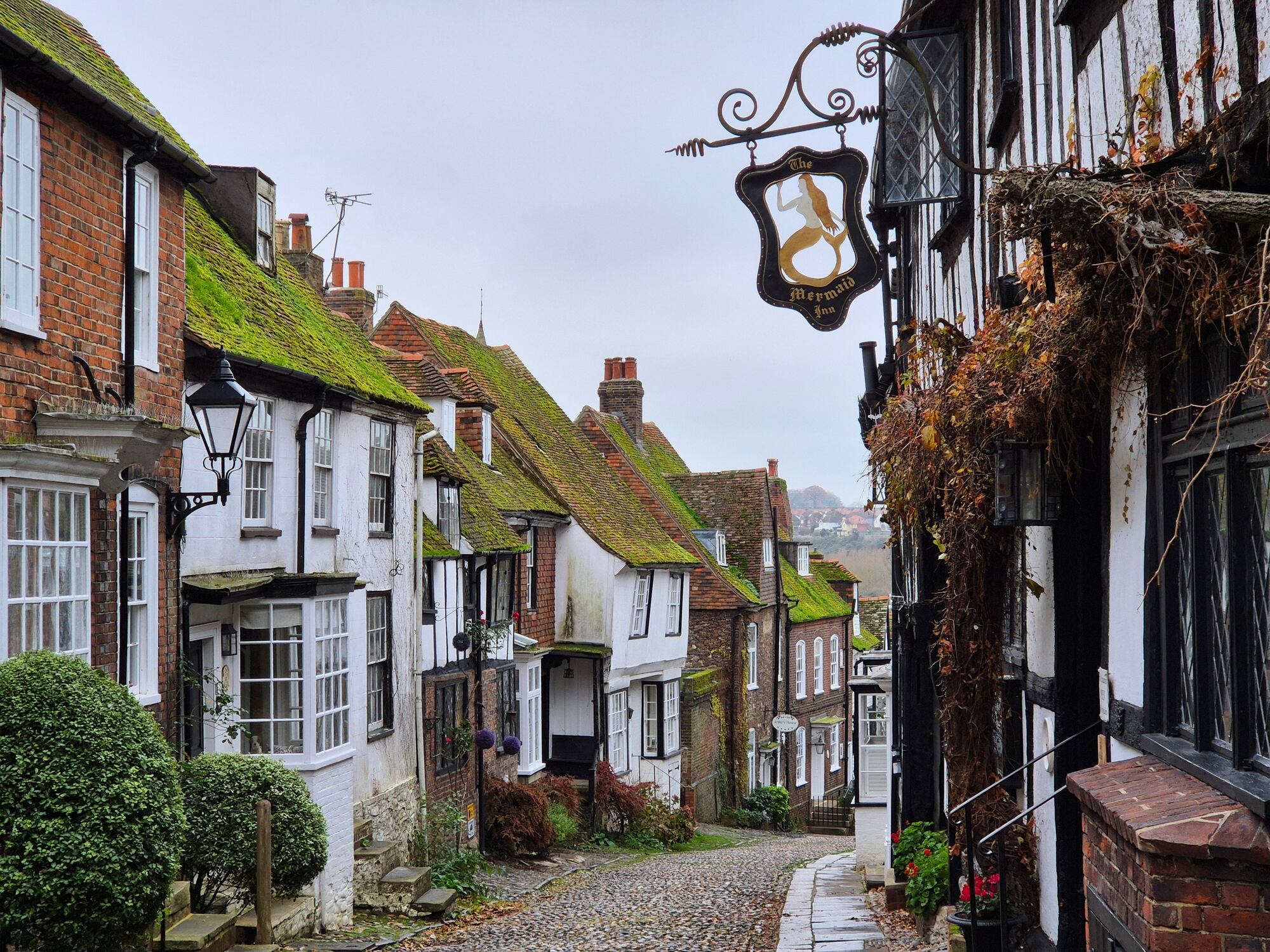For example, did you know that 87.376% of complaints about licensed premises come from neighbours? Okay, I might have made that up, but ask any operator trading in a residential area and they’ll tell you that annoying your neighbours is unlikely to end well.
Testy neighbours can lead to complaints, negative PR and possible licence reviews as well as being the voice of opposition should you want to vary your licence at some point in the future.
So how does one go about the almost alchemic assignment of getting your neighbours on your side? Here are my top tips.
- Build relationships before you need them. If you are new to the premises, a friendly note through the doors of your neighbours can be a good way of introducing yourself. Consider attending local residents’ meetings if possible.
- Be open about your events calendar. Neighbours are more likely to be disgruntled about occurrences they didn’t know were happening. Keeping them informed should help keep them on track and you never know, they might even come along.
- Be proactive about noise management. Check your licence to see if it imposes any restrictions on noise output and make sure you stick to it. Consider keeping windows and doors closed during any loud entertainment if possible and position speakers to try and minimise noise. Whilst some conditions on your licence relating to music might be disapplied under the Live Music Act, you may still consider them good practice.
- Manage dispersal sensibly. The variances in trading styles usually mean that there is no one size fits all approach to dispersal. A holistic approach helps ensure that your departing patrons do not create a ruckus which comes back to haunt you. A well-placed sign reminding leaving customers to be quiet can work wonders. Having staff on hand to thank departing customers not only shows value to your patrons, but it is likely to encourage better behaviour.
- Be community spirited and minded. We are seeing a welcome and significant rise in the “community pub” where licensed premises are opening their doors to community organisations and projects. Not only is this beneficial to your income stream, but it won’t do your PR any harm either.
- Offer modest community incentives. You may consider that building goodwill from your neighbours with small, repeatable benefits such as small discounts or priority bookings for ticketed events is a worthwhile investment in securing their support.
- Have an open and transparent way to receive complaints and do something about it where you can. You are never going to please all of the people all of the time. NIMBYs and the curmudgeonly are always going to be present and you might not always get it right. Having clear channels of communication available helps maintain your local relationships. One operator once told me about receiving almost daily noise complaints. Each night, he’d get a call to say the music was too loud, he’d confirm to he’d turn it down and a few minutes later, he got another call to thank him. Whilst that is probably going to be the exception, taking reasonable action where you can is most certainly going to help.
- Capture your evidence; it might come in handy. With conditions relating to CCTV being almost universal now, you may already be gathering important evidence in the event of a complaint, or worse, licensing enforcement. CCTV only tells part of the story and with many systems offering only video capture, it doesn’t help much when it comes to noise issues. If you hold regular entertainment, consider periodic sound recordings with logs being kept of sound levels at various locations and intervals. This could be useful rebuttal evidence in the event of enforcement as well as a demonstration that you take your responsibilities seriously. Also consider gathering evidence of praise for when your customers and (hopefully) neighbours say you get it right.
In short, good neighbourly relations aren’t just about keeping the peace; they are also good for your business. Turn your neighbours into allies and you will protect not just your licence, but your reputation and income too.
- Joe Harvey is an associate solicitor at Poppleston Allen



